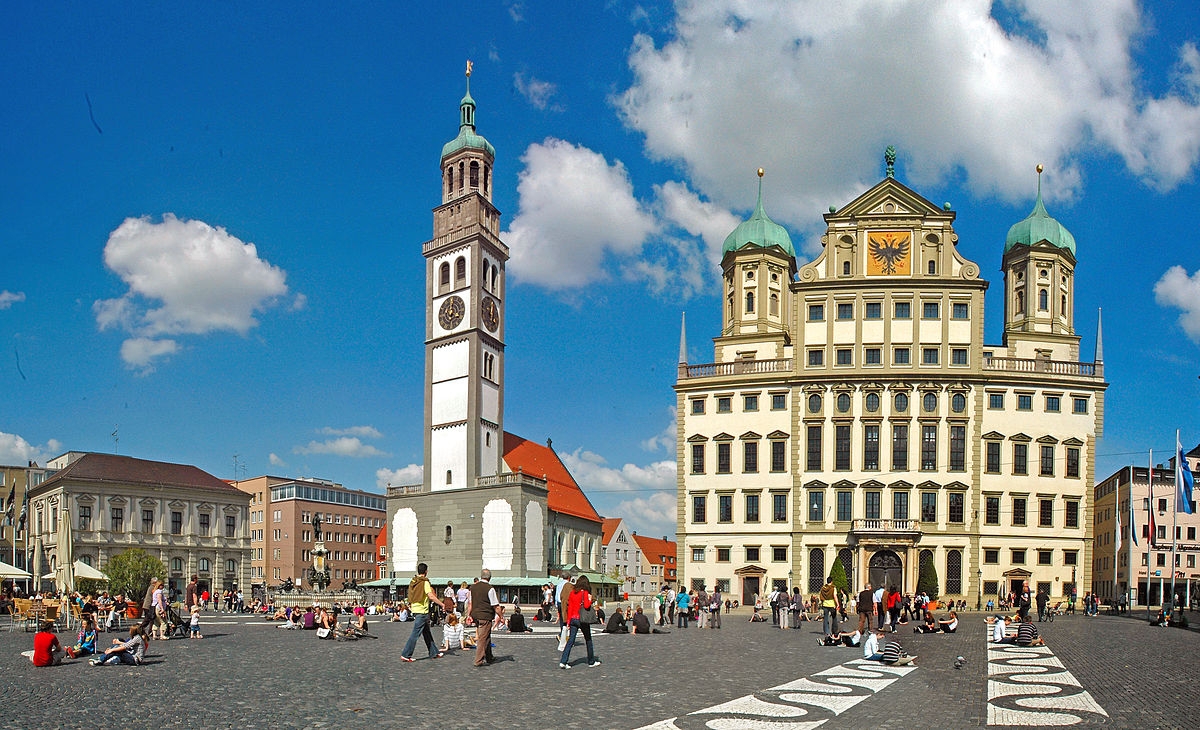The IERS Project has collaborated with Italian Universities, Centers for the study on secularism, Foundations and Associations in order to organize a international conference entitled “The teaching of History of Religions and History of Free Though in Public School“, that will act as the final Dissemination Event of the IERS Project. In fact, six speakers will come from the IERS Project Team. These persons are:
- Massimo Raveri, Professor of Religions and East Asian philosophies at the University Ca ‘Foscari of Venice – Head of IERS Project
- Giovanni Lapis, Fellow Researcher Religions and East Asian philosophies at the University Ca ‘Foscari of Venice – IERS Project Manager
- Tim Jensen, president of the International Association for the History of Religions – IERS Project Researcher
- Isabelle Saint-Martin, director of the Institut européen en sciences des religions of the Ecole Pratique des Hautes Etudes in Paris – IERS Project Researcher
- Daniel Marcuglia, Teacher of History and Philosophy and Catholic Religion at “A. Canova” High School in Treviso – IERS Project Piloting Teacher
- Antonio M. Seoane Pardo, Teacher of History and Philosophy at “IES Campo Charro” High School in La Fuente de San Esteban (Spain) – – IERS Project Piloting Teacher
Here a detailed programme of the event:
DATE: Saturday, April the 2nd
VENUE: Circolo dei Lettori, Large Hall, Via Bogino 9, Turin (Italy)
Academic session: 10.00 a.m – 1.30 p.m
(Languages: Italian, English, French. Simultaneous translation IT>ENG, FR>ENG available)
Chair: Gian Enrico Rusconi, president of Centro Calamandrei, professor emeritus of the University of Turin
Opening Speech: Tullio Monti, director of the Centro Calamandrei
Speeches:
- Mariachiara Giorda, professor of History of Religions at the University of Bologna, Centro Calamandrei: “The link between secularism and history of religion and free thought: the Italian experiences and our proposals”.
- Giovanni Filoramo, Professor of History of Christianity at the University of Turin: “Towards a scientific study of religions in school”.
- Silvana Ronco, president of the Association “XXXI Ottobre “: The need for teaching ‘history of religion and free thought’ in Italy”.
- Alessandro Saggioro, professor of History of Religions at La Sapienza University of Rome: “The Toledo Principles”.
- Manlio Graziano, professor of geopolitics at the University of Paris Sorbonne and Geopolitics of religions at the American Graduate School for International Relations and Diplomacy in Paris, “The usefulness of the historical and scientific study of religion as an antidote to religious fundamentalism”.
- Tim Jensen, president of the International Association for the History of Religions: “The European experiences and the IERS Project”.
- Francesca Cadeddu, researcher at the’ Fondazione per le scienze religiose Giovanni XXIII’:” Religious Illiteracy: European strategies and North Atlantic Fascinations”.
- Massimo Raveri, professor of Religion and East Asian philosophy at the University Ca ‘Foscari of Venice – Head of IERS Project and Isabelle Saint-Martin, director of the Institut européen en sciences des religions of the Ecole Pratique des Hautes Etudes in Paris: “The IERS Project”.
Session on the Italian experiences: 2.30 – 5.00 p.m.
(Languages: Italian)
Chair: Giovanni Lapis, IERS Project Manager and Beatrice Nuti, association UVA – Universolaltro
Youth associations of religious movements:
- Silvia Facchinetti, spokesman for the Evangelical Youth Federation Italian
- Sara Briniche, Islamic Association of the Alps
- Union of Young Italian Jews
- Guido Campanini, Ecclesial Movement for Cultural Commitment
- School Labor Unions:
- Igor Piotto, regional secretary FLC-CGIL
- Cosimo Scarinzi, provincial secretary CUB School
Professional associations of teachers:
- Marco Chiauzza, FNISM national vice-president
- Grazia Dalla Valle, Secretary of Turin CIDI
- Cinzia Mion, trainer of MCE
Parents’ Association:
- Angela Nava, national president of CGD
Forum of Religions in Milan:
- Giuseppe Plato, pastor of the Waldensian Church of Milan
IERS Project teachers:
- Daniel Marcuglia
- Antonio M. Seoane Pardo
Law & politics session: 5.00 – 7.30
(Languages: Italian)
Chair: Mariachiara Giorda, professor of History of Religions at the University of Bologna, Centro Calamandrei
- Umberto D’Ottavio, Italian Republic’s Deputy (PD), former council member for Education of the Province of Turin
- Alberto Melloni, Professor of History of Christianity at the University of Modena and Reggio Emilia and coordinator of the Commission on pluralism, freedom and the study of religious studies at school (COPLES) at the Italian Ministry of University, Research and Education
- Davide Mattiello, Italian Republic’s Deputy (PD)
- Silvia Chimienti, Italian Republic’s Deputy (Movimento 5 stelle)
- Marco Grimaldi, Regional counselor of Piedmont (SEL)
- Roberto Mazzola, professor of ecclesiastical law and canon law at the Università del Piemonte Orientale
Flyer available for download (in Italian)

 In January the 26th in Palazzo Montecitorio, seat of the Italian Chamber of Deputies, has been held a Conference entitled “Scuola & Religioni. Buone pratiche dell’offerta didattica formativa della scuola pubblica italiana” (School & Religions. Good Practices in the Educational Offer of the Italian Public School).
In January the 26th in Palazzo Montecitorio, seat of the Italian Chamber of Deputies, has been held a Conference entitled “Scuola & Religioni. Buone pratiche dell’offerta didattica formativa della scuola pubblica italiana” (School & Religions. Good Practices in the Educational Offer of the Italian Public School).



